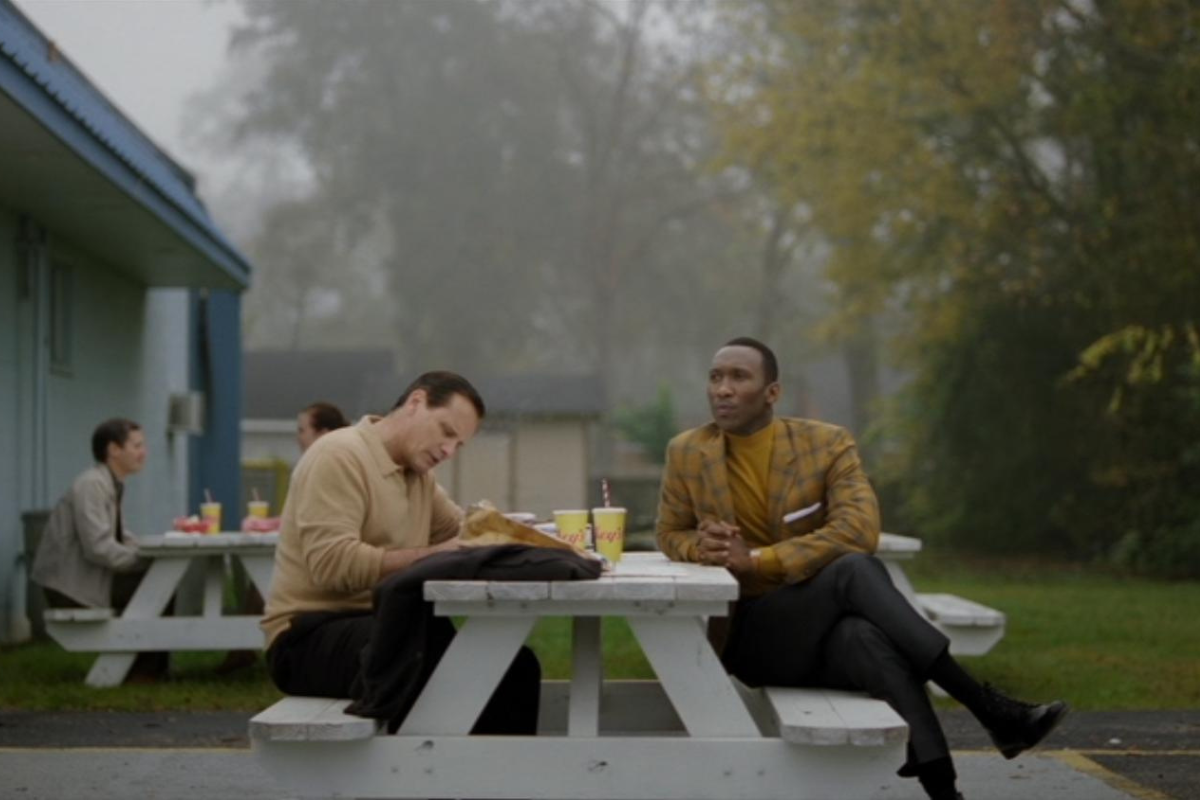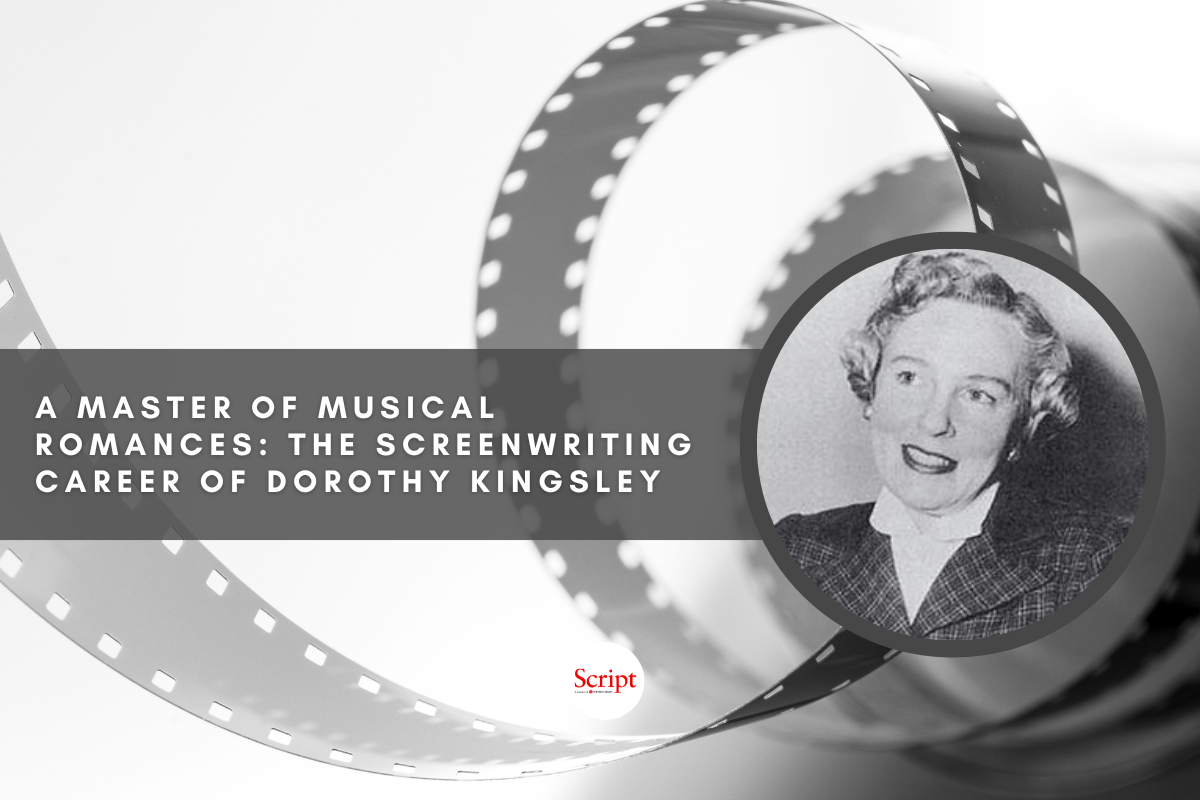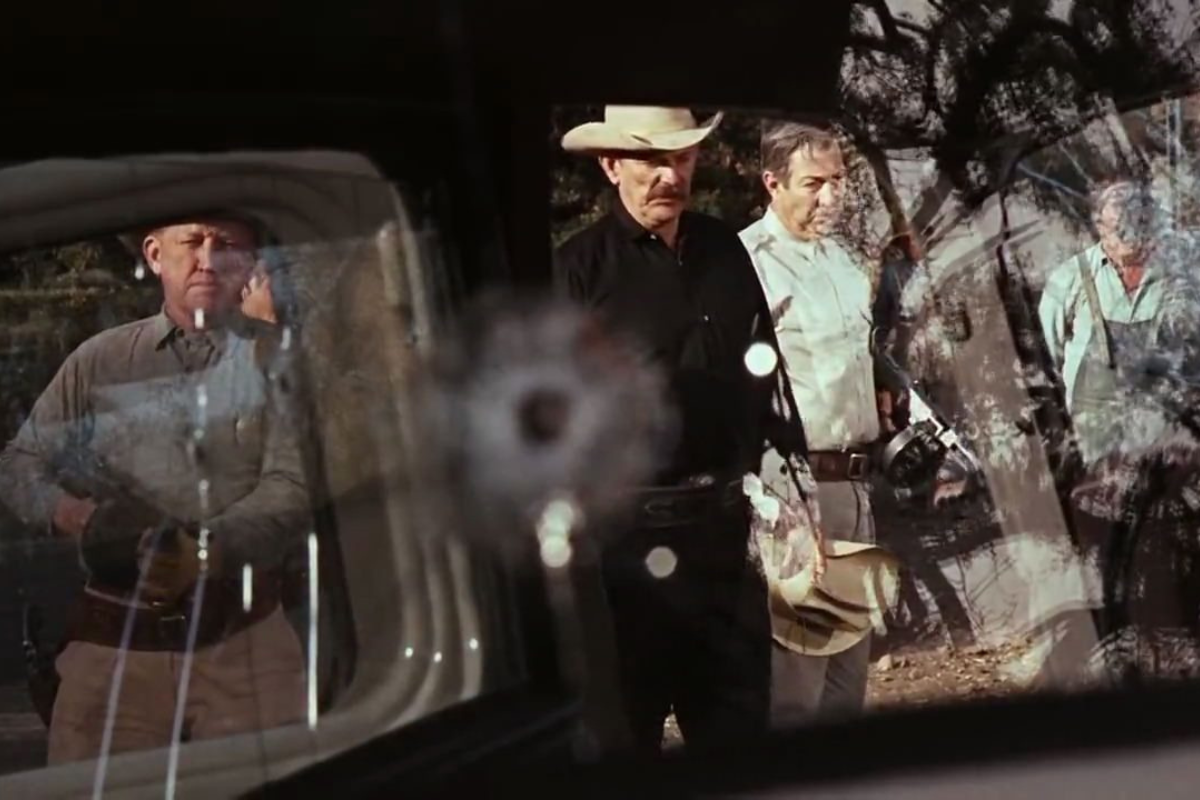From Immigrant Refugee to Lawyer to Screenwriter to Oscar Winner: Sonya Levien Overcame All Obstacles
Dr. Rosanne Welch celebrates the female screenwriters who came before us with this month’s spotlight on the trailblazing Oscar-winning screenwriter, Sonya Levien.
Brought to the United States as a child from the Russian territory that became Lithuania, Sonya Levien rose to study and practice law and write fiction. She eventually joined MGM as a leading screenwriter using what had become her 5th language and amassed over 70 credits on IMDb.
Soon after she was born in 1888 as Sara Opesken, the Russian authorities exiled her father but he escaped to the United States. He changed his name to honor the man who helped him and brought the family to his new home in a Jewish quarter in Manhattan. They all took the name Levien and Sara went by her nickname, Sonya. As with all immigrants Levien took whatever work she could to support her family so she went from working in a feather duster factory, became a stenographer for settlement activist Rose Pastor, and then for the editor of Success magazine.
Using her salary to pay for law school she enrolled in 1906 and passed the bar in 1909. By then her work for Success had included reading article submissions, rewriting them and doing her own original writing, which drew attention. She moved to London to cover the Suffragettes movement but returned to the U.S. at the start of WWI in 1914. There she published articles in major magazines and soon studios adapted them into films. When Hollywood called, it required a choice between family and career. In 1917 she had married a colleague Carl Hovey, co-editor of the Metropolitan magazine, and took in her husband’s two children from his previous marriage. They commenced to have two of their own which meant by 1923 they had 4 mouths to feed.
In 1919, Fred Myton adapted her story Who Will Marry Me? and by 1921 Levien was writing original screenplays including Cheated Love, Pink Gods (1922), and The Snow Bride (1923). All this time she was living in Los Angeles to work, having left behind her husband and children in New York so she returned to them and took a job as an editor at McClure’s. While in New York for Famous Players–Lasky Levien wrote an adaptation of Salome of the Tenements (1923), based on the novel by Anzia Yezierska, and her husband edited stories for Cecil B. DeMille.
Eventually, the couple decided Hollywood offered more opportunity to them both so they moved back. Sadly, as often happened with early female screenwriters, her career began to skyrocket as his stalled so that very soon Levien’s salary supported the whole family. Also, typical of many female screenwriters, her credits are scattered as she began as Sonya Levien, then used her married name of Sonya Hovey, then back to Levien. But her subjects often harkened to her roots in the Jewish ghetto of New York -- stories such as The Princess from Hoboken and A Harp in Hock (both in 1927), and The Younger Generation (1929).
Levien survived the move from Silents to Talkies and continued to work into the 1950s where she adapted musicals like The Great Caruso (1951) and Oklahoma! (1955) to the screen. Each earned her Writers Guild Award nominations for Best Written American Musical. Then in 1955, she won the Oscar for Interrupted Melody, which told the story of an internationally-known opera singer Marjorie Lawrence who survived a battle with polio and returned to the stage.
After working with the earlier versions of the Writers Guild of America Levien earned the first Laurel Award designed to celebrate a screenwriter who “advanced the literature of the motion picture through the years and made outstanding contributions to the profession of the screen writer.”
Sonya Levien died in 1960. You can access her online archives here.
If you’d like to learn more about the history of women in screenwriting, and about the craft of screenwriting while earning your MFA, our low residency Stephens College MFA in TV and Screenwriting is currently accepting applications.
Dr. Rosanne Welch, Executive Director of the Stephens College MFA in TV and Screenwriting, has television credits including Beverly Hills 90210, Picket Fences, ABC News/Nightline and Touched by an Angel. Her award-winning publications include When Women Wrote Hollywood and Women in American History (on the ALA list of 2017’s Best Historical Materials). Welch is Book Reviews editor for Journal of Screenwriting; on the Editorial Boards of Written By magazine and California History Journal and gave a 2016 TEDxCPP talk: “The Importance of Having a Female Voice in the Room”.
Find Dr. Rosanne Welch online: Instagram @drrosannewelch | YouTube DrRosanneWelch | Stephens College MFA Twitter @mfascreenwriter







